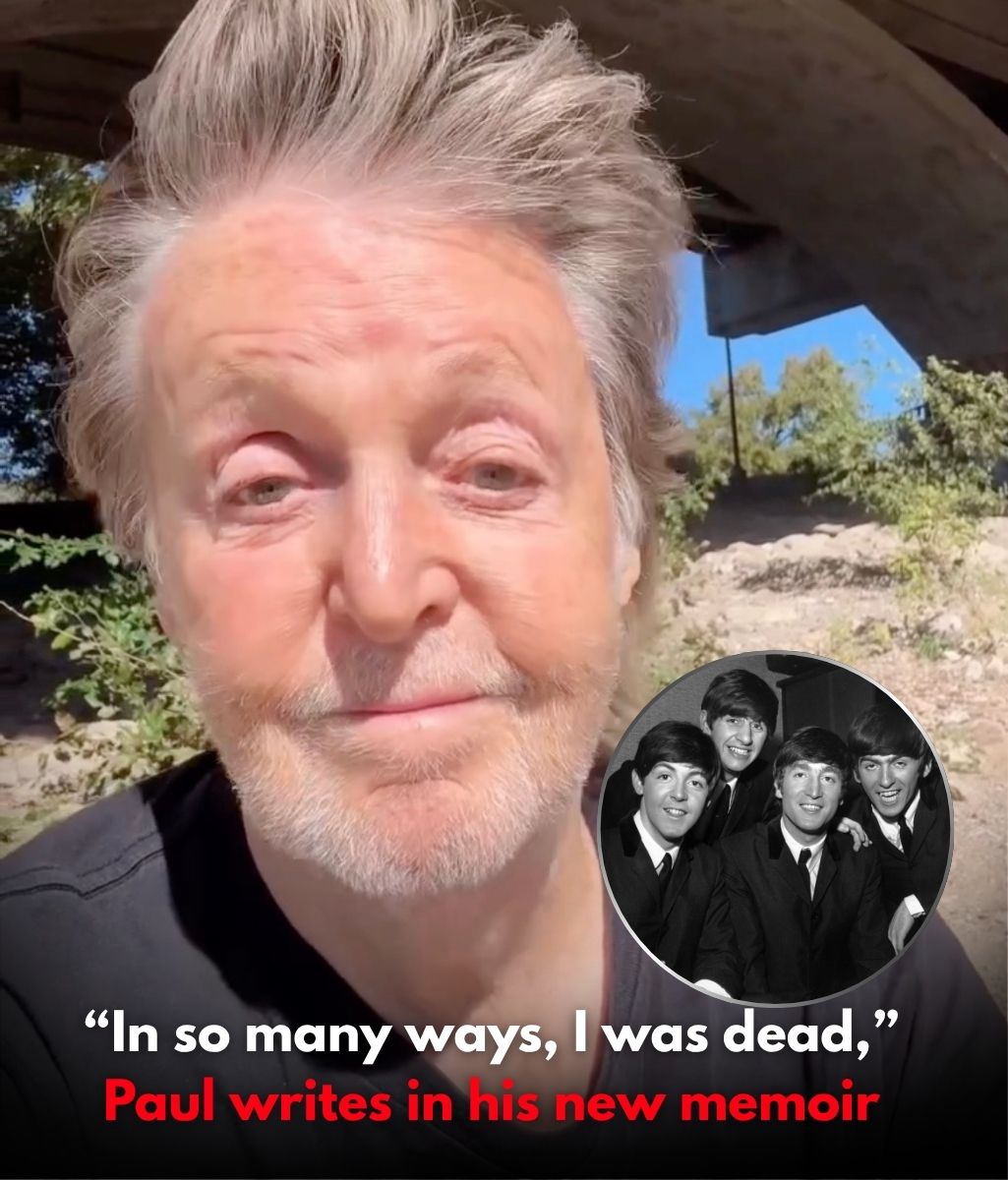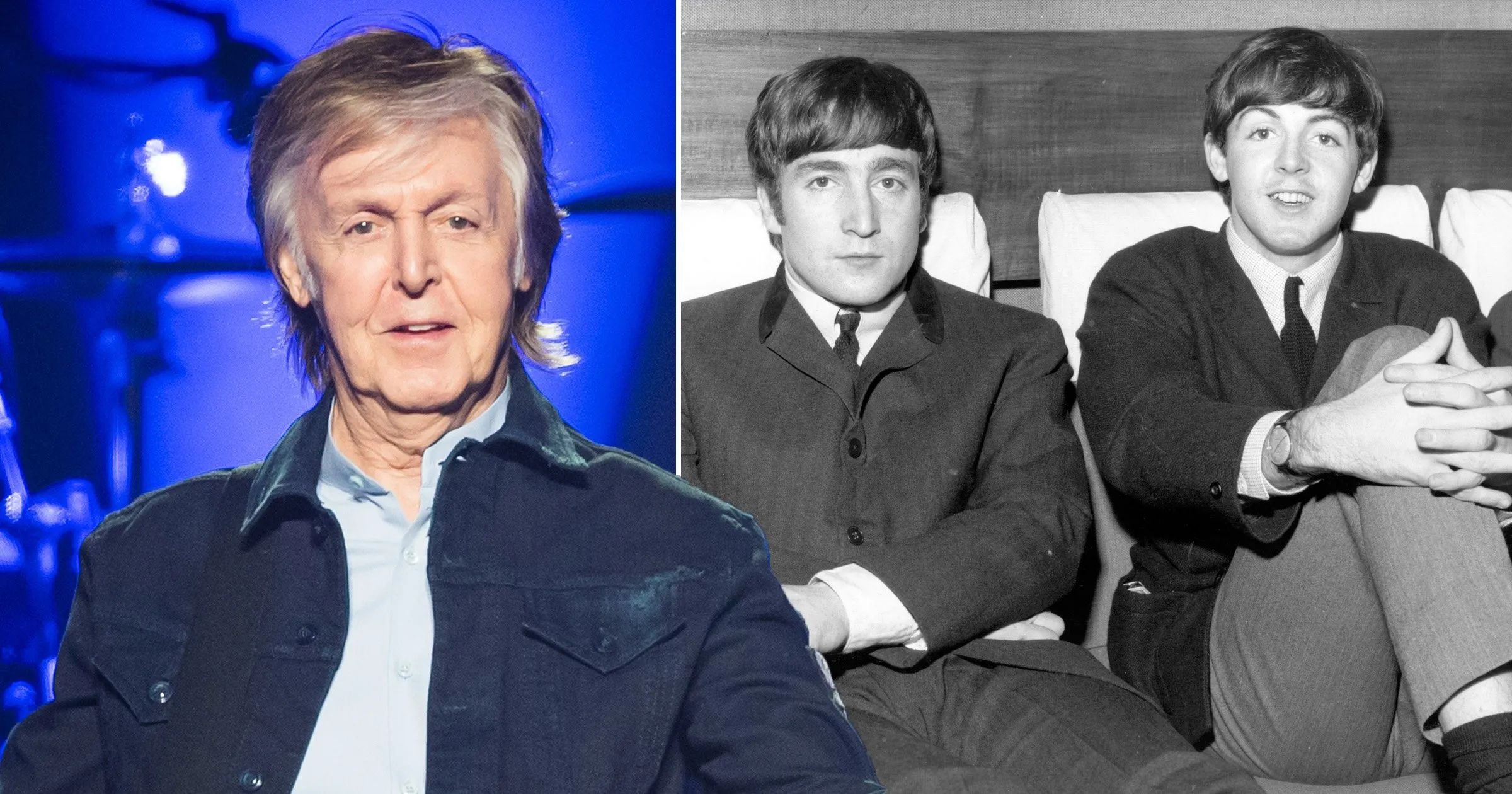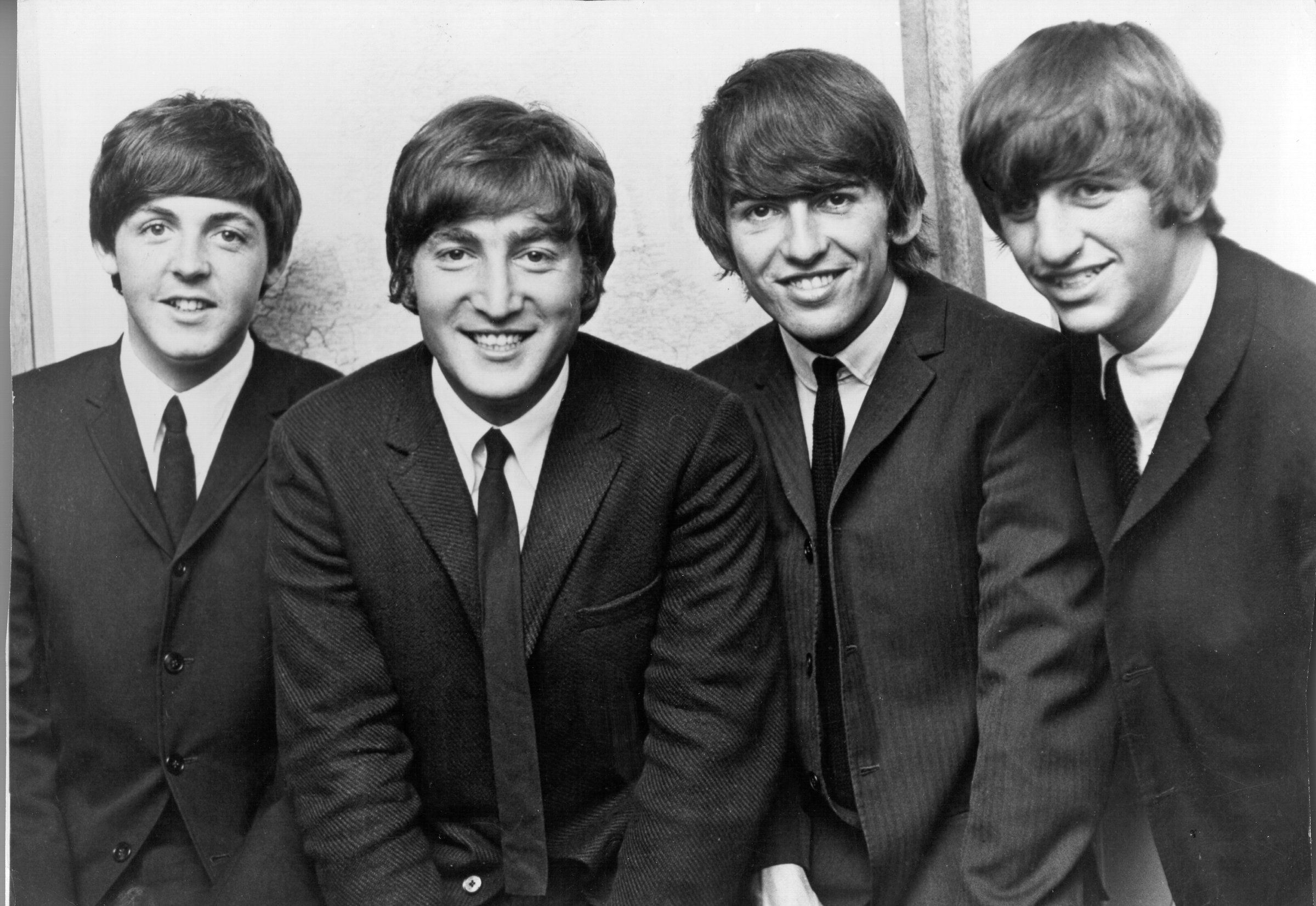
More than fifty years after the world’s greatest band fell silent, Paul McCartney has finally opened his heart.
At 83, his voice carries the warmth of memory, but the ache still lingers — a wound healed over yet never forgotten. The breakup of The Beatles wasn’t just a chapter in history. For Paul, it was heartbreak, disorientation, and a test of spirit few could ever comprehend.
💬 “In so many ways, I was dead,” Paul confesses in his forthcoming memoir, Wings: The Story of a Band. “A 27-year-old about-to-become-ex-Beatle, drowning in a sea of legal and personal rows.”
Those words, stark and unguarded, pierce the mythology that has long surrounded the Fab Four. They remind the world that beneath the fame, the harmony, and the iconography, there were four young men who once shared a dream — and then had to face the agony of watching it unravel.

The Beatles were never meant to end the way they did: tangled in lawsuits, misunderstandings, and the quiet heartbreak of friendships breaking apart. When their manager, Brian Epstein, died in 1967, the unity that had guided them began to fray. The music that once bound them started to feel like a battlefield.
By 1970, when Paul publicly announced his departure, the world reacted with shock. For millions of fans, The Beatles had been more than a band — they were a language of hope, of youth, of belief. To lose them felt like losing a piece of themselves. But for Paul, the loss was even more personal. It was like losing a family.
In the months that followed, he withdrew from the noise and the judgment, retreating to his farm in Scotland. There, surrounded by the windswept hills of Kintyre, he found something The Beatles could no longer give him: peace. Linda was by his side, grounding him, and baby Mary gave him a reason to look forward again. The man who once sang Yesterday now found solace in the rhythm of simple living — chopping wood, tending animals, finding new melodies in the hum of quiet mornings.
💬 “Scotland saved me,” Paul has often said. It became the place where he could breathe again, where he could rediscover who he was without Lennon, without the spotlight, without the noise. Out of that solitude came rebirth — the beginnings of Wings, the band that would carry him into a new era of creativity and healing.
Looking back now, McCartney speaks not with bitterness, but with reflection. The fame, the madness, the magic — all of it still echoes through his words, through every concert where he sings the songs that once changed the world. The grief that once silenced him has turned into gratitude.
that once silenced him has turned into gratitude.
💬 “Leaving The Beatles wasn’t an ending,” he admits. “It was learning how to live again after the music stopped.”
For fans, that single line may be the truest definition of resilience. Paul McCartney didn’t just survive The Beatles — he carried their spirit forward, transforming heartbreak into harmony. And at eighty-three, as he looks back across the long and winding road, his story reminds us of something timeless: that even after the greatest music stops, the song of the soul goes on.